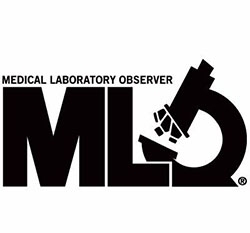Electronic medical records (EMRs) are widely accepted and well-established worldwide. Their benefits are highly intuitive—daily proving an evolving methodology for transmitting patient data across healthcare systems. Patients and their doctors readily subscribe to a simple system: send an order to a laboratory, retrieve results, compile and format data to a certain specification, and report back to a submitting physician or hospital. Each EMR vendor implements its own unique format—each nearly impossible to standardize across the system.
A successful EMR creates a reliable, digital image of a patient’s health record from a secure, accessible, and interactive platform. With so many different types of modes for patient data to be captured and conveyed, evaluation of physician-ordered tests leans heavily on laboratory professionals working at all different levels, on unrelated software, and in a broad range of facilities. As they say, accuracy is key. Yet the variables are diverse, unpredictable, and the consistent well-being of patients may be at risk.

